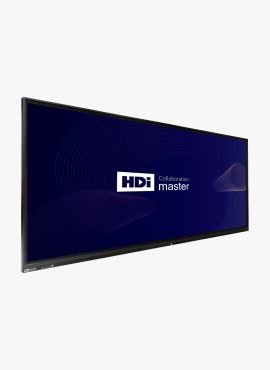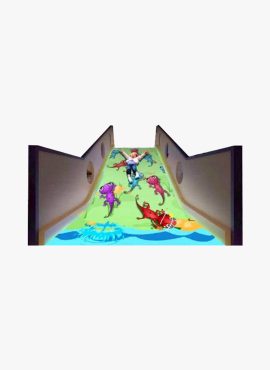Description
Edge blending is an advanced projection technique that integrates visuals from two or more projectors into a single, cohesive image. By overlapping and softening the edges of each projection, this method eliminates visible borders, ensuring a seamless, razor-sharp display. The result is a flawless and immersive visual experience, ideal for wide-format presentations, videos and large-scale applications.
The process involves two key steps: overlapping portions of adjacent images and feathering their edges to reduce brightness disparities, creating a smooth transition between projections. Sophisticated adjustments like colour balancing, gamma correction and black-level alignment further enhance the consistency and quality of the image. This technology can be implemented using projector-integrated features or external video wall processors for greater flexibility and precision.
Edge blending is particularly beneficial in environments where large or complex visuals are needed, such as conference rooms, auditoriums, control centers and staging events. Combined with warping technology, it allows projections onto virtually any surface—whether flat, curved or irregularly shaped—making it perfect for architectural mapping or immersive demonstrations.
With the ability to harness multiple projectors, edge blending expands the limitations of single-projector resolutions, enabling ultra-high-definition displays across expansive areas. Whether used for critical information displays in control rooms or stunning visual effects in entertainment, edge blending offers the perfect balance of functionality and creativity.






